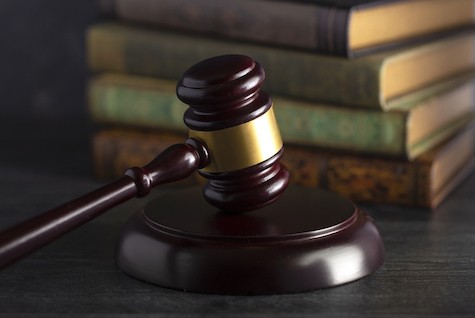Removed super no longer protected from creditors: court

.
Terence Wong, senior associate at Sladen Legal, said the court made the ruling in the decision of Kirk as trustee of the Property of Smith (a Bankrupt) v Smith [2024] FCA 240 (15 March 2024) citing section 116(2)(d)(iii)(A) of the Bankruptcy Act 1966 (Cth) (Bankruptcy Act).
The facts of the case state the financial position of the husband’s joinery business deteriorated in 2015, and creditors lodged caveats over the two properties owned jointly by the husband and wife. The business property owned by the family trust was sold and funds were paid towards their lawyer’s trust account.
At the end of 2015, the couple sought advice from their lawyers about future asset protection and proceeded to pay cash towards discharging the bank’s mortgages over their personal properties, which they then sold to acquire another property in the wife’s name.
In 2016, the husband withdrew amounts from his super account into a personal bank account which was then contributed to his wife’s super account and the husband was declared bankrupt in 2019.
“The Court held that a loan to the wife was not a sham and was not available to the husband’s creditors and that the wife was not entitled to greater than her 50 per cent joint interest in their real estate properties,” Broderick said.
“With regards to the superannuation, the court held that once the husband removed it from his superannuation it ceased to be a superannuation interest of the bankrupt protected from creditors under section 116(2)(d)(iii)(A) of the Bankruptcy Act and would have been available to the husband’s creditors.”
Broderick said that under section 128B of the Bankruptcy Act, it was not disputed that the transfer of super from the husband to the wife was to either prevent property from becoming divisible among the husband’s creditors and/or hinder or delay that division process, or both.
“Property held by the bankrupt on trust for another person is also protected from division among the bankrupt’s creditors under section 116(2)(a) of the Bankruptcy Act,” he said.
“It was alternatively submitted that the superannuation amount was subject to a Quistclose Trust in favour of the wife, however, the court found there was no evidence of any mutual intention of any specific purpose for any trust funds such that if the transfer to the wife’s superannuation failed the trust money would be returned to the husband’s superannuation account, and therefore this argument was rejected.”
He added that if the super had not been removed by the husband it would have remained protected from his creditors under section 116(2)(d)(iii)(A) of the Bankruptcy Act.
Keeli Cambourne
28 March 2024
smsfadviser.com

